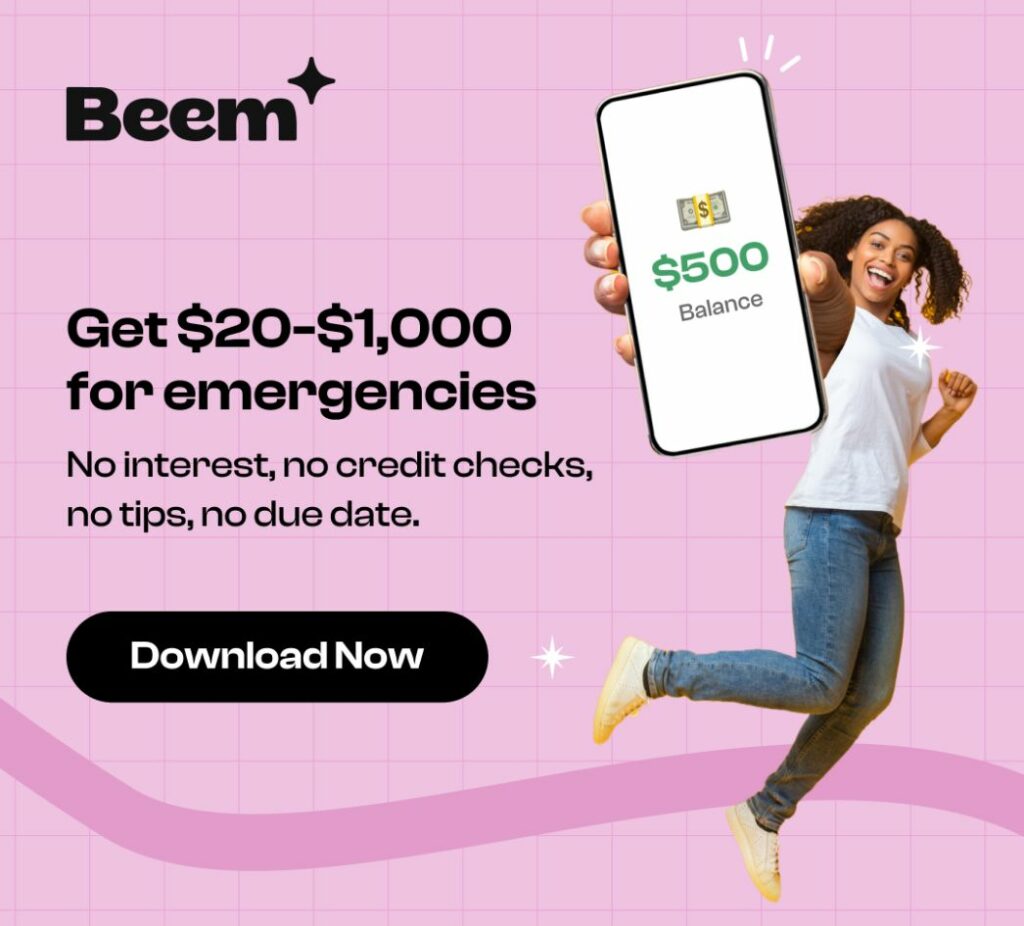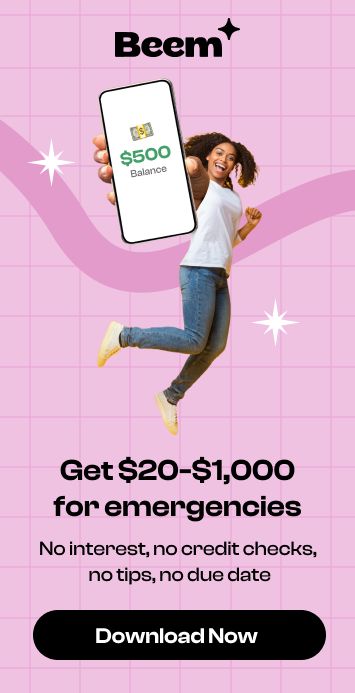The pandemic is a test for everyone who has taken money management for granted. Money transactions may have taken many forms with the increasing advancement in the digital world but the savings strategy will remain the same. Going back to the old ways of using money for daily expenses can help you realize and understand the importance of budgeting.
Debit cards changed the way of money usage but that was for the convenience of the consumer and prevented carrying excess money. The ease of transacting at all times was too good to be ignored and in the process, consumers began to forget the true value of money. Let’s explore how to take the 30-day budgeting challenge!
Credit Card: A Headache You Opted For
The popularity of debit cards gave rise to the advent of credit cards that ruined the value, integrity, and worthiness of money. The concept made your spending into a laughing stock as convenience turned into a constraint.
Credit cards started to gain followers as it enabled people to buy what they want to, spend according to their whims and fancies, and stop borrowing money from others. The aftermath of using a credit card turned out to be a bitter experience as the interest rates were too high and as a user you had to strive hard and repay it on time, failing which it would attract more debts and push you into a state of fear and depression. It must be noted that there are very few people who have shared positive feedback on credit card usage as the disadvantages clearly outdo the benefits.
The Meaning Of Credit
Credit is not all that bad but the way it is presented to the people is faulty and misleading. If a credit card can help you in savings to meet your expenses in the right way avoiding any future debts then it would be the most recommended and popular method of money transactions and management. Unfortunately, it turns out to be the opposite of what was thought initially.
30-D Challenge
The 30-day challenge is an exercise for every individual to approach discretionary expenses in a more sensible way by embracing electronic money transactions by adopting an emergency fund for groceries, gas, your morning coffee, or lunch outs. It’s also a great alternative to avoid frequent cash transactions. This is a handy method of being mindful of the money you spend and observing that your spending is under control.
To begin with, you must create a weekly budget to estimate how much money is needed for the entire week. Are you still going to get that daily coffee or will you have it at home or the office? Are you going to eat lunch out every day or pack your own lunch some days? Consider all the spending you will need and want to account for, take that amount out from the emergency fund app, and get your week started.
Whether it is $20 or $100, only allot that amount that you have budgeted for and use the fund for all of those everyday expenses. That way, you’ll get a clear sense of where you run out of money first!
Bottom line
Every right move needs a beginning and the 30-D challenge will suffice for the creation of a meaningful budget for the long term. Either you may want to continue using the allotted money for certain purchases or opt out and instead categorize under a different expense. Remember, to succeed in the long term, achieving success in the short term is crucial.





























